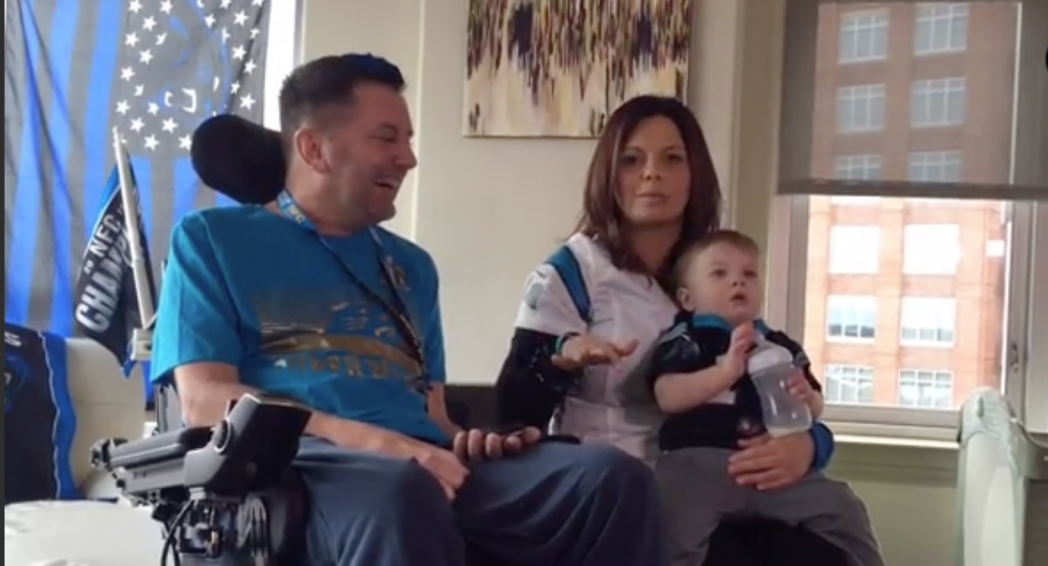Caregivers of ALS Patients Also Burdened by Disease, Study Reports

Caregivers play an important role in the treatment and support of people with amyotrophic lateral sclerosis (ALS), although that role is not always appreciated or regarded by researchers. A recent study focused on the impact of caregiving on those who take care of people with ALS, highlighting how the disease affects both patients and those who care for them.
The report, “Caregiving in ALS – a mixed methods approach to the study of Burden,” was published in the journal BMC Palliative Care.
Investigators led by Miriam Galvin of the School of Nursing and Human Sciences, Dublin City University, wanted to understand the burdens and the types of difficulties encountered by caregivers of ALS patients.
They interviewed 81 caregivers, mostly women (70%), spouses of ALS patients (72%), or their adult children (22%), using open-ended questions to assess psychological distress and burden, and to identify which aspects of caregiving were the most challenging.
Through a “mixed methods analysis” (using both qualitative and quantitative methods), the researchers identified common consequences that included lower quality of life, psychological distress, and long hours spent caregiving, from physical tasks like managing reduced mobility to personal care. Other impacts included changes and limitations in relationships due to the practical constraints of caregiving.
Some caregivers felt a lack of freedom, restrictions on their time, and relentless responsibility. Others spoke of a loss of self-identity because of the demands. Frustration, fear, stress and uncertainty were commonly reported, and affected the caregivers’ emotional and social well-being.
Investigators noted that a better understanding of caregiver burden in ALS is essential. “Understanding the components of burden and the difficulties experienced as a result of caring for someone with ALS allows for better supporting the caregiver, and assessing the impact of burden on the care recipient,” they wrote.
They concluded: “People with ALS, and partners of people with ALS experience loss … Our findings illustrate that loss for caregivers includes empathising with the loss experienced by the patient, the loss of time to themselves, and sense of loss in the reconfiguration of the patient-caregiver relationship. Exposure to the suffering of a loved one can directly influence caregivers’ emotional experiences and subsequent psychological and physical health.”






